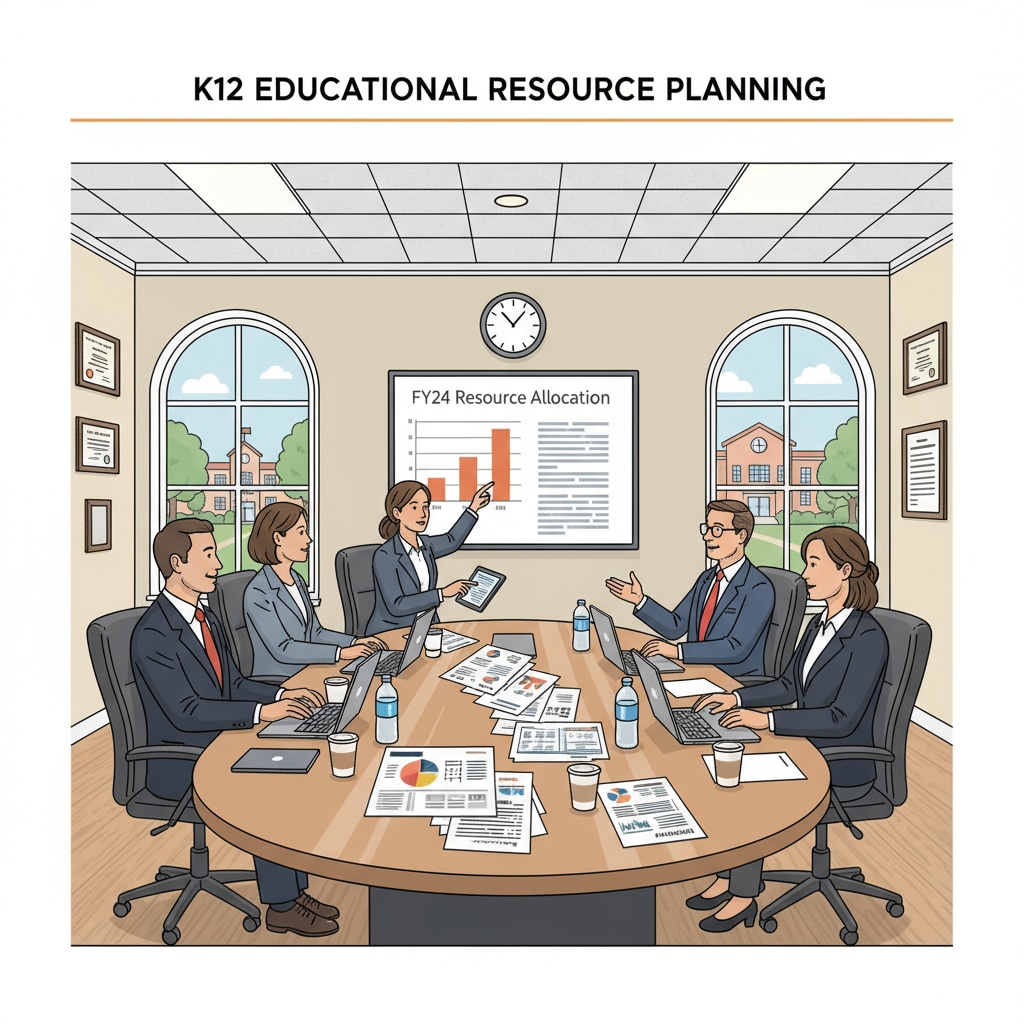In the realm of educational management, K12 administrators often encounter complex ethical dilemmas that require sound leadership decisions. These situations can be particularly challenging as they involve the well – being of students, the integrity of the educational institution, and the professional responsibilities of educators. Let’s first understand what these ethical dilemmas typically entail.

The Landscape of Ethical Dilemmas in K12 Education
One common ethical dilemma in K12 education management is the issue of fairness in resource allocation. For example, when there are limited funds for educational materials, technology, or extracurricular activities, administrators must decide how to distribute these resources equitably among different classes, grade levels, or student groups. This decision can be difficult as each group may have valid needs. According to the National Education Association’s ethical standards for educators, fairness and justice are fundamental principles in education. However, achieving true fairness in resource distribution is often a complex task.
Another significant ethical concern is dealing with student discipline. Administrators need to balance the need to maintain order and safety in the school environment with the rights and well – being of students. For instance, when a student violates school rules, should the punishment be strict to deter future misbehavior or more lenient to focus on rehabilitation? This requires careful consideration of various factors, including the nature of the offense, the student’s history, and the overall impact on the school community.

Leadership Decisions in the Face of Ethical Dilemmas
When confronted with these ethical dilemmas, K12 administrators must make leadership decisions that are both ethical and practical. One approach is to involve multiple stakeholders in the decision – making process. This can include teachers, parents, and even students themselves. By gathering diverse perspectives, administrators can gain a more comprehensive understanding of the situation and make more informed decisions. For example, when deciding on a new disciplinary policy, seeking input from teachers who interact with students daily and parents who know their children’s circumstances can lead to a more balanced and effective policy.
Administrators also need to rely on a clear set of ethical principles. These principles can serve as a guiding light in complex decision – making situations. For example, the principles of honesty, respect, and responsibility can help administrators determine the right course of action. By adhering to these principles, they can build trust within the school community and ensure that their decisions are in the best interests of all involved. As stated in the Britannica’s entry on ethics, ethical principles provide a framework for moral decision – making.
In addition, continuous professional development is crucial for K12 administrators. By staying updated on the latest research and best practices in educational management and ethics, they can enhance their ability to handle ethical dilemmas. Workshops, seminars, and online courses can provide valuable insights and tools for making better leadership decisions.
Readability guidance: As we’ve seen, the issues of educational management, ethical dilemmas, and leadership decisions in K12 education are intertwined. By understanding the common ethical dilemmas and implementing effective leadership strategies, administrators can navigate these challenges successfully. Short paragraphs and lists like those above help summarize key points, and the use of external references adds credibility. The inclusion of transition words such as ‘however’, ‘for example’, and ‘in addition’ makes the flow of the article smoother.


